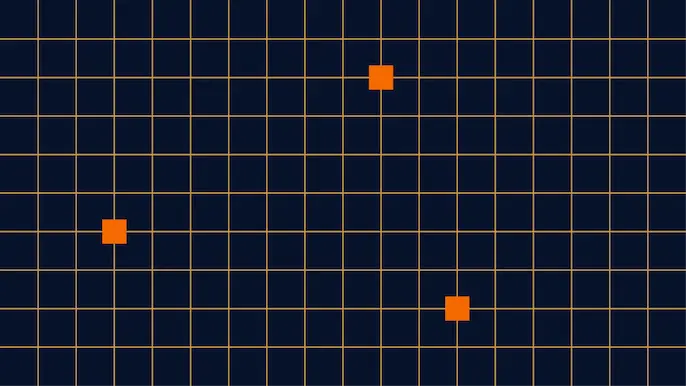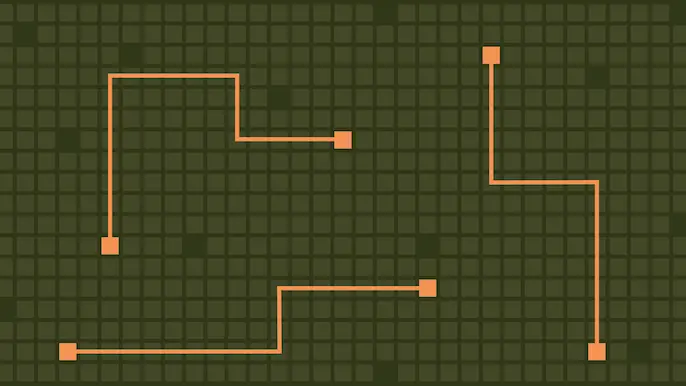
Cisco ASA Remote Code Execution – Verifying CVE-2016-1287
Remote Code Execution on Cisco ASA
A year ago ExodusIntel disclosed a vulnerability affecting the IKE implementation in Cisco’s ASA products. The error is due to an overflow in the checking of reassembled IKE fragments, and allows remote code execution from an unauthenticated attacker. More information on the technical aspects of this can be found at ExodusIntel’s blog here. As Cisco ASAs are widely used in the industry, we started to see this vulnerability come up in many penetration tests, but it was hard to verify beyond the fact that a scanner found this issue. The consulting team here at NetSPI, as well as our clients, wanted a more verbose verification that this vulnerability was present.
Creating the Verification Tool
In order to get a concrete verification for this, I first read through all the write-ups on the vulnerability. After I had a solid foundation of the flaw itself, I used vulnerability scanners to test a vulnerable ASA in our lab environment and did a packet capture. With this packet capture, and the scanner plugins I was able to figure out a good way to verify the presence of the vulnerability. I implemented a similar verification in Python which included output showing where the fragmentation reassembly fails. The ASA will either respond with an incomplete IKE notify packet, indicating the ASA is vulnerable, or it will drop the invalid fragments and it will not respond, demonstrating that the patch has been applied. Examples of both of these scenarios can be seen below, note that these would typically be externally facing IP addresses, but as they were in a testing lab the WAN interface was on an internal network.
Vulnerable ASA
pentest ~ $ python3 cisco_asa.py 10.10.1.100:500 This tool is used to verify the presence of CVE-2016-1287, an unauthenticated remote code execution vulnerability affecting Cisco's ASA products. No attempt will be made to execute code, this simply observes behavior of affected versions when malformed fragments are sent to the ASA. Continue? [y/N] y [*] Sending Initiator Request [*] Received Response [+] Valid SA found. Moving on [*] Sending first fragment [*] Sending second fragment [*] Notify Payload found. Printing Notify payload data. Next payload: NONE Critical bit Not Critical Payload length: 8 Protocol ID: IKE SPI Size: 0 Notify Message Type: Invalid Syntax Notification DATA: missing [+] Notification data is missing. ASA is vulnerable. 00000000: 66 53 54 71 45 49 58 64 75 6A FD C0 52 32 52 96 fSTqEIXduj..R2R. 00000010: 29 20 22 20 00 00 00 00 00 00 00 24 00 00 00 08 ) " .......$.... 00000020: 01 00 00 07 ....
Patched ASA
pentest ~ $ python3 cisco_asa.py 10.10.1.100:500 This tool is used to verify the presence of CVE-2016-1287, an unauthenticated remote code execution vulnerability affecting Cisco's ASA products. No attempt will be made to execute code, this simply observes behavior of affected versions when malformed fragments are sent to the ASA. Continue? [y/N] y [*] Sending Initiator Request [*] Received Response [+] Valid SA found. Moving on [*] Sending first fragment [*] Sending second fragment [*] IKE Fragment was dropped indicating the ASA is not vulnerable.
The code can be found on NetSPI’s GitHub here.
Explore More Blog Posts

Part 2: Ready for Red Teaming? Crafting Realistic Scenarios Reflecting Real-World Threats
Learn to craft realistic red team scenarios that reflect real-world threats. Gain actionable insights to strengthen detection and response capabilities.

Detecting Authorization Flaws in Java Spring via Source Code Review (SCR)
Discover how secure code review catches privilege escalation vulnerabilities in Java Spring apps that pentests miss - identify insecure patterns early.

Set Sail: Remote Code Execution in SailPoint IQService via Default Encryption Key
NetSPI discovered a remote code execution vulnerability in SailPoint IQService using default encryption keys. Exploit details, discovery methods, and remediation guidance included.